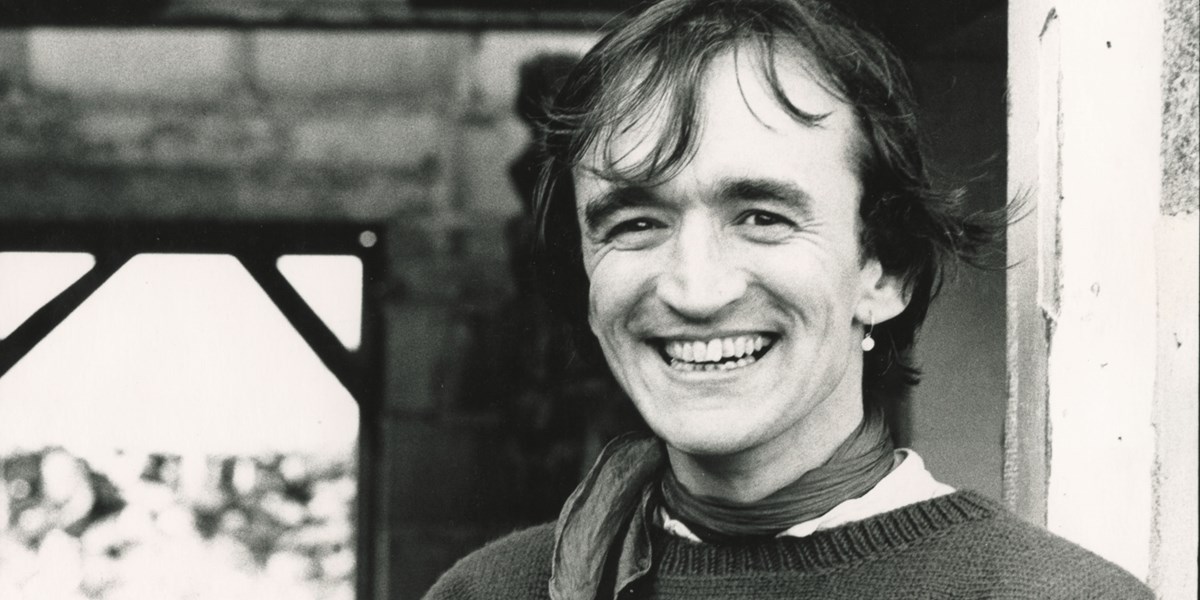Monday, October 25, 2021
Martin Carthy | A Beginner's Guide
By Julian May
One of British folk music’s most influential figures is marking his 80th birthday. Julian May delves into his prolific and remarkable recordings


Register now to continue reading

Thanks for visiting the Songlines website, your guide to an extraordinary world of music and culture. Sign up for a free account now to enjoy:
- Free access to 2 subscriber-only articles and album reviews every month
- Unlimited access to our news and awards pages
- Our regular email newsletters

